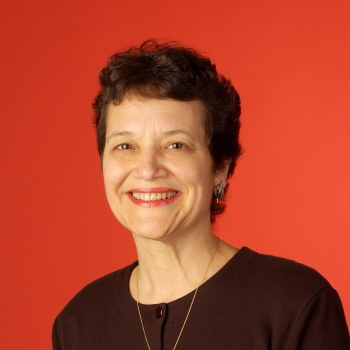Current Research and Scholarly Interests
Our lab focuses on the study of antigen presentation by major histocompatibility complex (MHC) class II molecules. We have been particularly interested in the molecular mechanisms and intracellular steps involved in the generation of complexes between MHC class II molecules and peptides. Our basic work in this area has elucidated the roles of invariant chain, HLA-DM, HLA-DO (inhibitor of HLA-DM), three molecules which regulate peptide-loading of class II molecules. We continue to study basic molecular mechanisms in antigen presentation by MHC class II molecules, focusing now on particular events in antigen presentation by B cells. In addition, we have an active program to understand the molecular basis of class II associations with autoimmune diseases. We have developed novel hypotheses in this area, which we have tested in animal models. We also recently discovered an HLA-linked, drug-related complication in systemic juvenile idiopathic arthritis (sJIA).
Our second research area focuses on the contribution of monocytes to auto-inflammatory responses. Our studies revealed altered monocyte phenotypes and function in sJIA, including increased levels of circulating monocytes primed for transition to macrophages. We have also discovered brain-homing, immunosuppressive monocytes in pediatric acute neuropsychiatric syndrome (PANS).
Ongoing studies deal with:
1. Regulation of class II-restricted antigen presentation by professional antigen presenting cells, particularly B cells.
2. Mechanistic basis of HLA allele association with autoimmune disease
3. Disease mechanisms in sJIA and its complications
4. The phenotypes functions of moncytes in PANS, including novel brain-homing monocytes.


